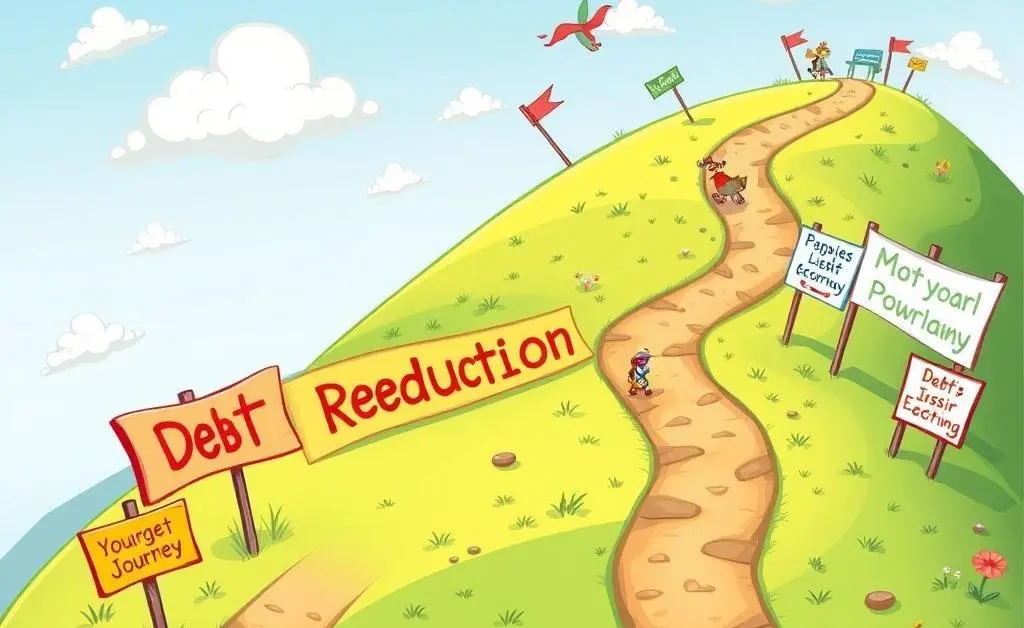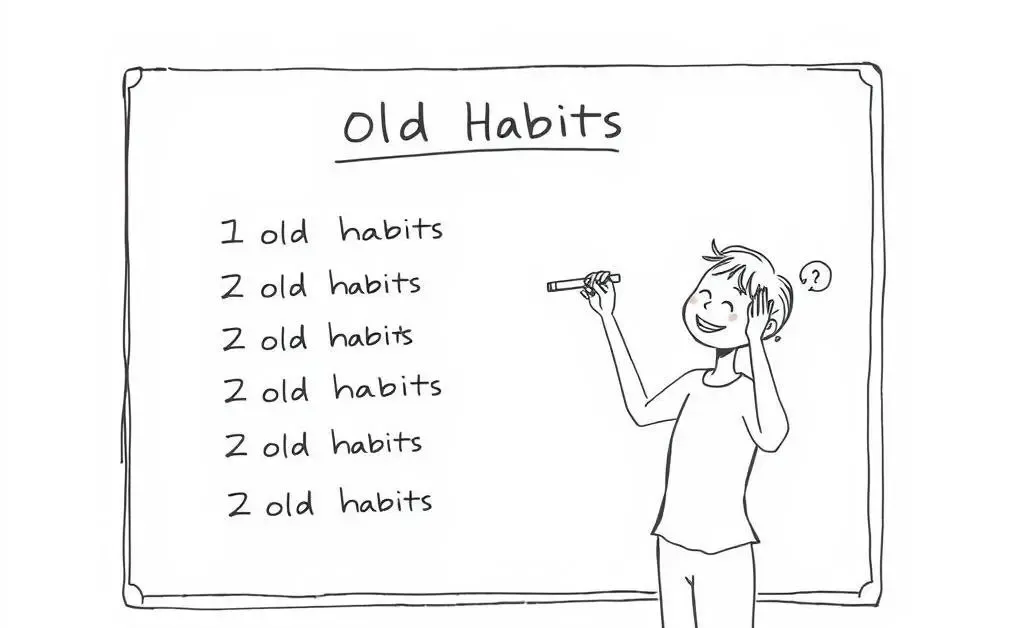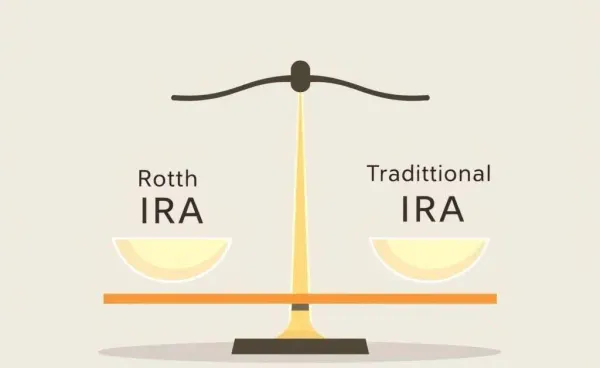How to Manage Personal Finances and Overcome Debt: A Heartfelt Guide
Explore practical steps to manage finances, quit habits, and reduce debt stress.

Have you ever felt that slight twinge of anxiety when thinking about money, followed by the determination to make a change? It's a journey many of us find ourselves navigating. Whether it's climbing out of debt or learning to manage finances more effectively, the process can be both challenging and rewarding.
Understanding Your Financial Landscape
The first step toward financial well-being is understanding your current situation. Taking a good, hard look at your finances can be like cleaning out that long-neglected closet. It might be a bit daunting, but the fresh air you get afterwards is worth it.

Try listing down your debts, expenses, and sources of income. Here’s a simple checklist to get started:
- List of all debts with interest rates.
- Monthly income sources.
- Fixed expenses like rent and utilities.
- Variable expenses like groceries and leisure.
The Art of Budgeting
Once the financial landscape is clear, creating a budget becomes the next tactical move. Budgeting is like crafting a roadmap for your money. Remember, it's not about restricting freedom; it’s about enabling smart choices.
A friend once told me about their budgeting revelation. After diligently following a simple budgeting app, they found extra cash at the end of the month and finally treated themselves to a day trip. It's funny how small changes can unlock hidden treasures!
Navigating Debt: A Gentle Approach
When it comes to handling debt, slow and steady often wins the race. Whether you follow the snowball method—paying off smaller debts first—or the avalanche method—tackling high-interest debts early—both paths bring relief over time.

Remember, patience is key. Write your achievements down, even the small ones. Celebrating these victories can fuel further motivation.
Replacing Habits with Purpose
Changing habits that drain your wallet could drastically improve your financial health. It's about replacing less beneficial habits with those that align more closely with your financial goals.

Imagine cutting back on that pricey daily latte and investing the savings into a small emergency fund. It’s these mindful adjustments that add up over time.
Curious minds often find joy in such discoveries—so what's your next financial goal? Could it be saving for a dream vacation or socking away funds for a rainy day? How will you break free from those habits and embrace enriching ones?




